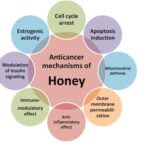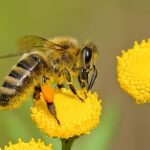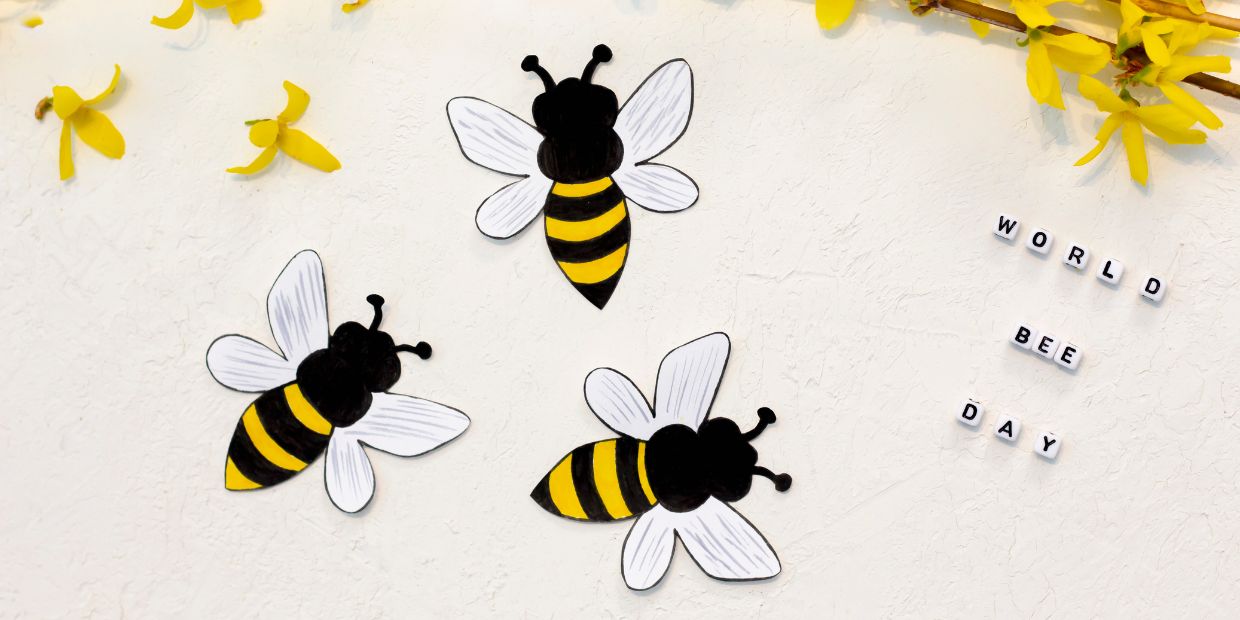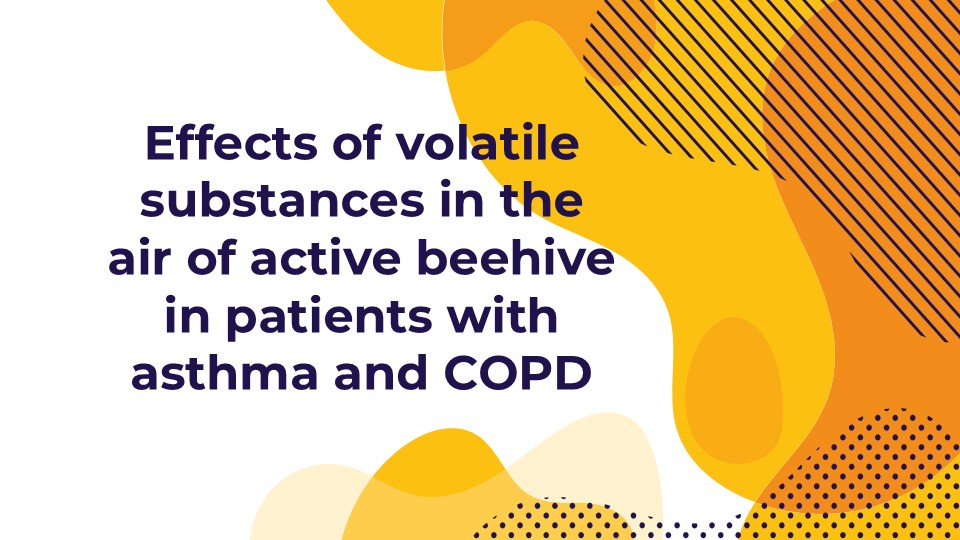
Apitherapy in oncology, does it work, Dr Zorica Plavsic, MD and Apitherapist, Belgrade, Serbia.
08.12.2022.
World Bee Day May 20, 2023
25.05.2023.World Bee Day is celebrated on May 20. On this day Anton Janša, the pioneer of beekeeping, was born in 1734.
The first event taking place in 2018. In 2023, World Bee Day will celebrate its fifth anniversary.
The purpose of celebrate this day is to draw the attention of the general public to the essential role of bees as the most important pollinators in maintaining the health of people and our planet. Also to acknowledge the role of bees and other pollinators in maintaining the ecosystem. The importance of bee products in the prevention of diseases as well as during treatment and recovery, should be pointed out.
Beekeeping, ecologically and medically, as well as apiturism, can be a good source of income.
Designated by the United Nations, World Bee Day seeks to inform and educate people about honey bees and their impact on our biodiversity. For example, it is estimated that one out of every three mouthfuls of food we eat depends on honey bees and the pollination process. But honey bees are facing extinction, with a 2021 report by the Center for Biological Diversity and the Bombus Pollinators Association of Law Students finding that American honey bees had decreased by some 89%. If the entire population of bees were wiped out – disappeared, eventually all the plants and the entire vegetation that they pollinate would disappear. Food sources would dwindle sharply.
World Bee Day is a day of awareness about the harmful effects of pesticides, climate change, and habitat loss on honey bees – and what we can do to reverse this.
Five World Bee Day facts you won’t “bee-lieve!”
Bees are the most important pollinator in the world and have been for centuries. But here are some interesting facts you may not know about these winged creatures:
- The average honey bee will only make around 1/12th of a teaspoon of honey in its entire lifetime.
- A single bee visits 50 to 100 flowers on each pollination trip.
- Almost 75% of the crops grown in the world rely on honey bee pollination.
- Bees have four wings! They move them back and forth!
- There are over 25,000 different species of bee – and many of them can’t even sting!
( A part is taken from the text dedicated by the United Nations to World Bee Day)




